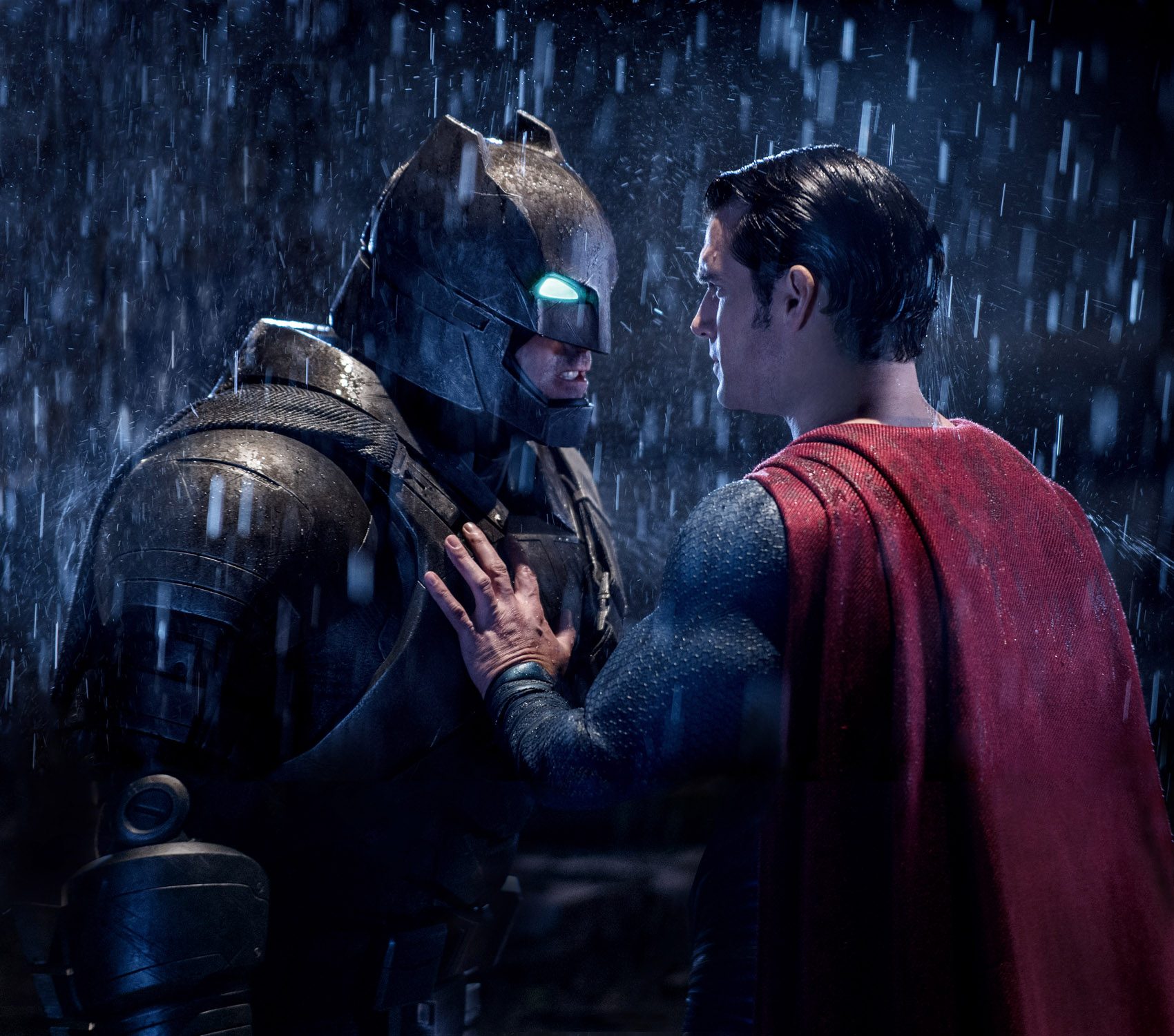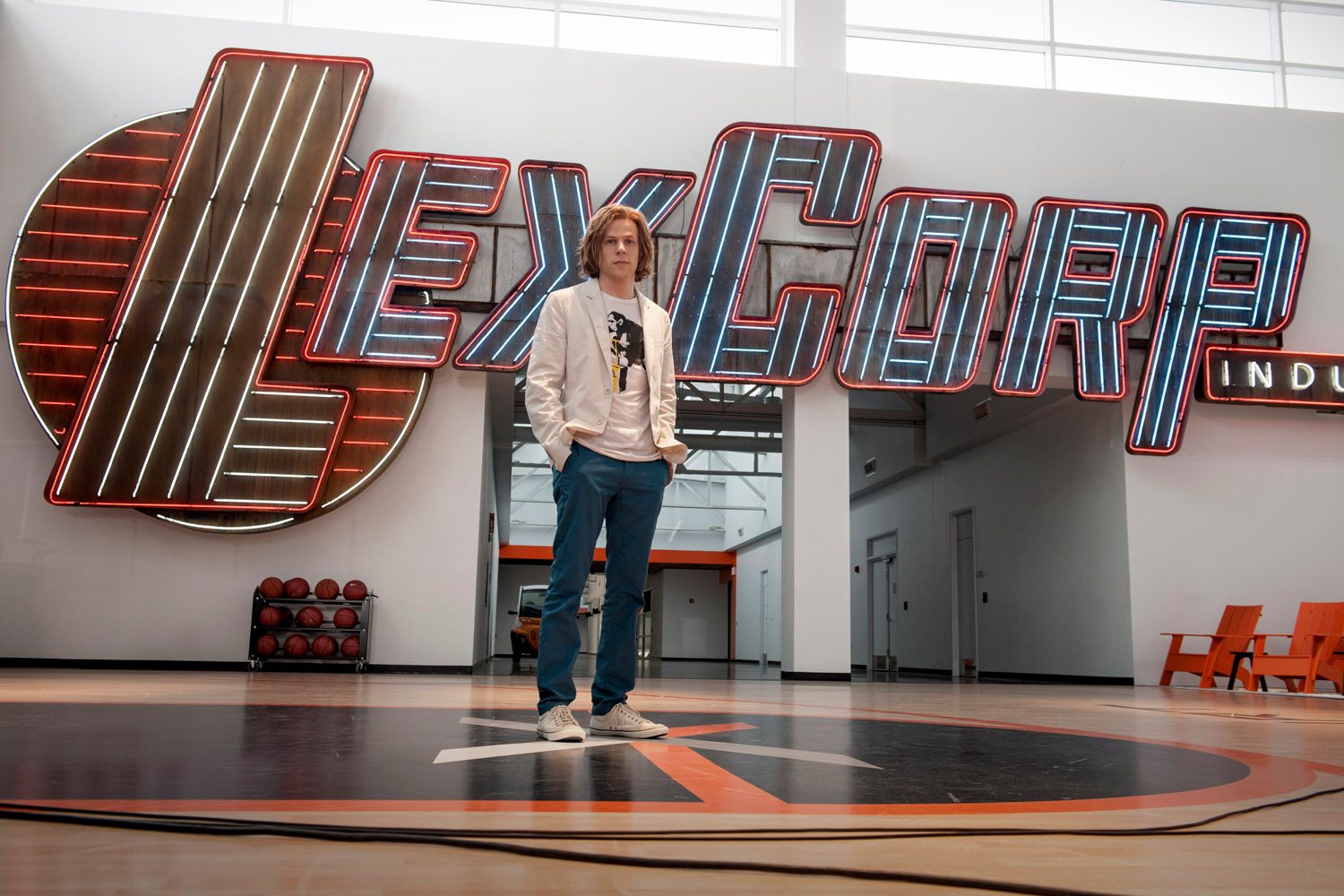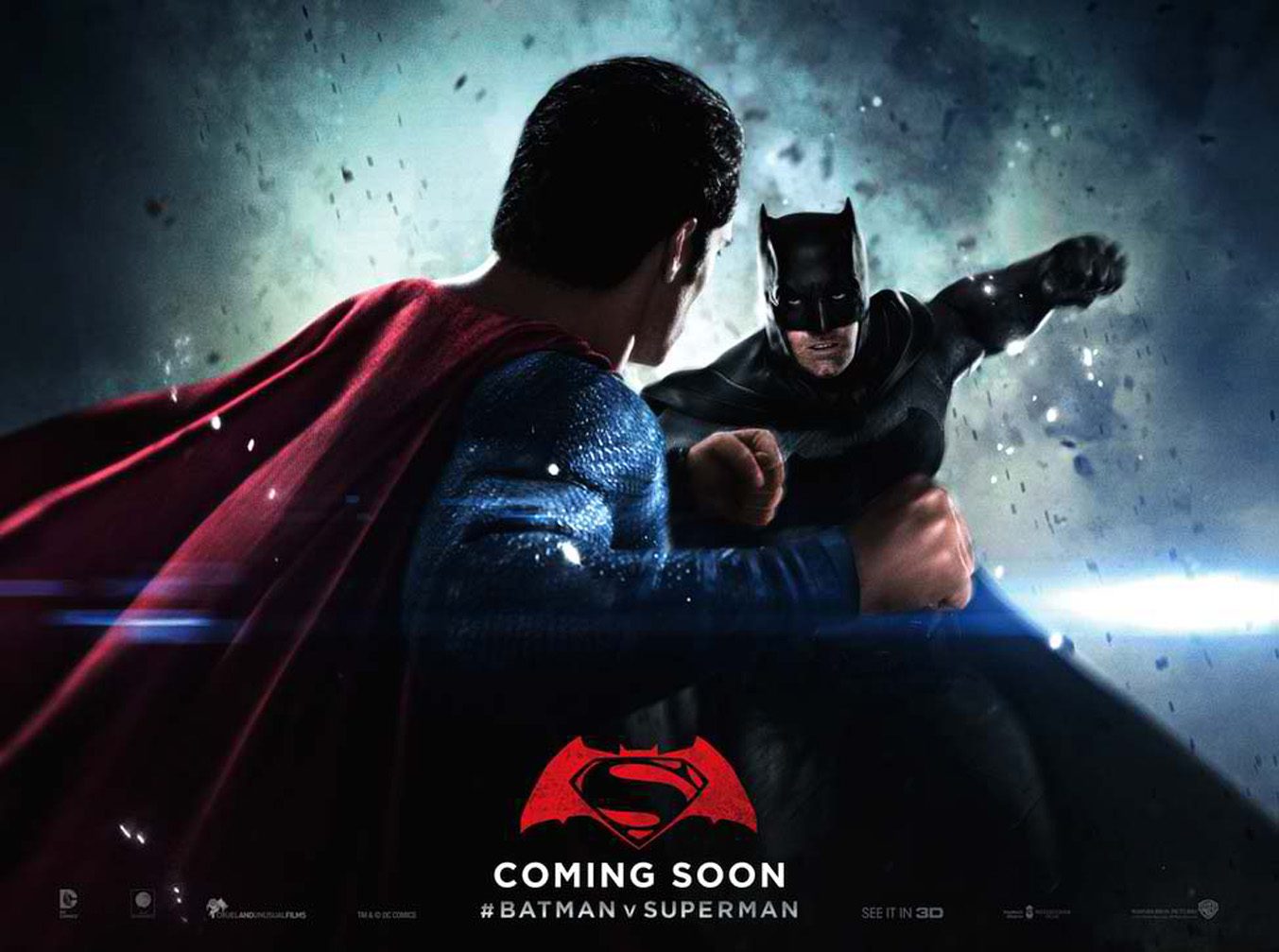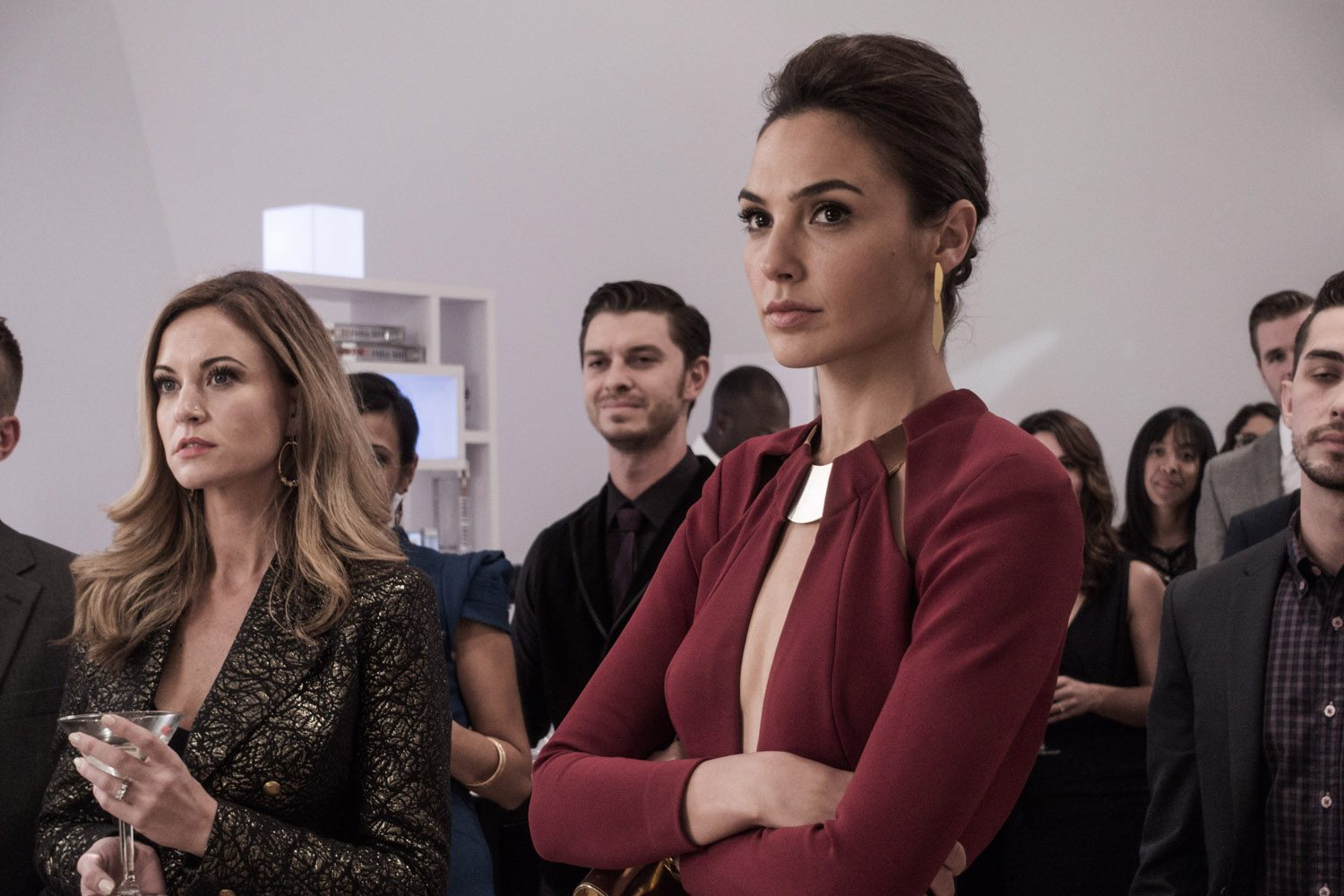SUMMARY
This is AI generated summarization, which may have errors. For context, always refer to the full article.

Say what you will about Zack Snyder’s initial take on Superman, Man of Steel (2013), but it cannot be denied that the film, with its odd mix of the typical Hollywood pageantry and obvious iconographic posturing placing the familiar superhero within the context of real world politics, is a feat of extending the material beyond its pop culture roots
Man of Steel was by no means a masterpiece. It was bloated, the same way all of Snyder’s other films are bloated with opulent tableau-like expressions of wanton violence, all done by rendering action sequences in elegant slow motion. Yet it is that film’s garish display of destruction that makes it terrifyingly familiar, most especially in a current world that has seen gargantuan buildings tumble and fall at the hands of real-life antagonists.
Man of Steel felt complete. It was a film that awkwardly set out what it was supposed to do, which was to transport the American hero in a world where decimated cities are no longer products of the wildest of imaginations.
Threat and savior
Batman v Superman: Dawn of Justice opens in the same universe which was left scarred and traumatized by the events that ensued in Man of Steel. The politics are more apparent this time around.
Snyder is done with establishing Superman (Henry Cavill) as the perfect American hero – a migrant from outer space, taken in by a farming family, traveled the country by working blue-collar jobs, and ending up fighting in an extended battle that has him at arms against an invader from the same outer space he came from. This time, he pits his hero with another hero, one whose concept of justice is less bombastic but as equally flawed.
The universe that houses both Superman and Batman (Ben Affleck) is as troubled as ours. If there is anything that Dawn of Justice does right, it is its depiction of a world that is struggling with conflict.
The destruction that Superman’s last battle has caused friction within the populace, with politicians questioning the role of a man capable of such feats within society and a public that is starving for a messianic figure. Snyder cleverly showcases the view from below, establishing the fact that his superhero flick isn’t all about fantastic men and women but also about the complex society that has them as both its threat and savior. It is about the warring ideals and moralities that distinguish heroes.
The fault of the universe
Sadly, Snyder abandons the promising set-up as soon as the need to create that cinematic universe of several more superheroes and their stories becomes apparent. All of a sudden, from being an apt extension to the politically-charged cataclysm of Man of Steel, Dawn of Justice is pressured to succumb to another lousy narrative of a dastardly mastermind, played here by a millennial-ized Lex Luthor (Jesse Eisenberg), who pits the two heroes against each other to placate his lifelong insecurities.

Snyder is a weak storyteller and is lousier in crafting characters out of stereotypes. His strength lies in the concoction of spectacle, whether infused with thematic heft or as empty as the ravishing eye candy of 300 (2006). Dawn of Justice however requires that its orchestrator be capable of navigating through the twists and turns of the derivative plot without losing grasp of churning out three-dimensional players.
Unfortunately, Snyder slips and slides, coming up with a film that has bitten off more than it can chew, and in turn, betrays the inherent complexities of the superheroes it is so fixated with. Superman here is intriguingly a passive player, perhaps shackled by the public’s mercurial treatment of his existence. Batman is the victim of Snyder’s deficiencies. While Affleck is convincingly stoic, Snyder depicts Gotham’s most famous vigilante as confused with his petty motivations, making Luthor’s supposedly ingenious master plan riddled with holes and conveniences.

Grittier, dirtier
Still, Snyder’s faulty work here isn’t all bad. It is definitely weightier than its marvel-ous counterpart, which seems bent on maintaining its characters in a constant and sometimes corny state of immaturity even in the midst of the apocalypse.
Sure, the film’s climactic latter part, even with the celebrated entry of Wonder Woman (Gal Gadot), favors the same type of bare spectacle that is all too common in superhero flicks, and given Snyder’s affinity for overdoing the beautification of calamities, it feels too apologetic for the dully portrayed mind games of Luthor. Overall however, Dawn of Justice is grittier, dirtier, and less beholden to escapism.

Even a glimmer of substance in a material that thirsts for it is more golden than seamless but mechanical entertainment. – Rappler.com
Francis Joseph Cruz litigates for a living and writes about cinema for fun. The first Filipino movie he saw in the theaters was Carlo J. Caparas’ ‘Tirad Pass.’ Since then, he’s been on a mission to find better memories with Philippine cinema.
Add a comment
How does this make you feel?
There are no comments yet. Add your comment to start the conversation.